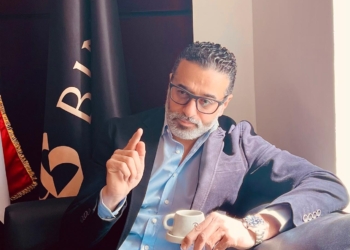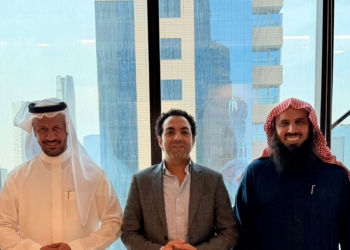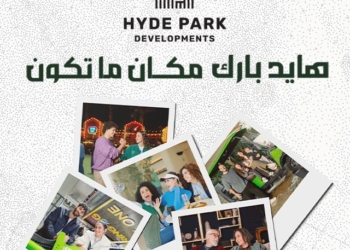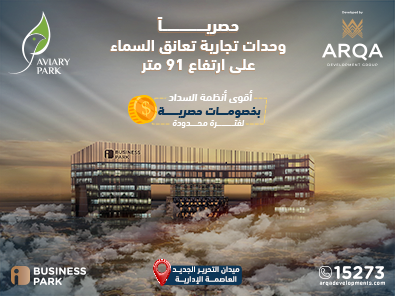Throughout history, storytelling has been a cornerstone of human culture, serving as a vessel for transmitting values, morals, and identity across generations. One of the most powerful tools in this tradition is music, which elevates myths from mere words into emotionally charged narratives that resonate deeply with audiences. From ancient rituals to modern media, music continuously shapes our perception of legendary stories, transforming them into immersive experiences that endure through time.
Table of Contents
- The Role of Music in Ancient Mythology and Cultural Contexts
- Dramatic Music as a Tool to Bring Legends to Life
- Case Study: Ancient Greece and the Myth of Medusa
- Modern Interpretations of Legends through Music and Media
- The Artistic Intersection: How Visual and Musical Elements Collaborate to Create Mythic Experiences
- Non-Obvious Dimensions: The Psychological and Cultural Impact of Mythic Music
- Conclusion: The Enduring Power of Music to Animate Legends
The Role of Music in Ancient Mythology and Cultural Contexts
In ancient civilizations, music was not merely entertainment but a sacred instrument used to evoke divine presence and heroic qualities. Cultures such as the Greeks, Egyptians, and Hindus employed specific musical modes, rhythms, and chants during rituals to invoke gods, celebrate heroes, and reinforce mythological narratives. For example, the Greeks believed that the kithara and aulos were divine instruments that could invoke the favor of gods like Apollo and Dionysus, thus embedding mythic themes into communal practices.
Musical rituals often served as mnemonic devices, helping to preserve stories and legends across generations. These practices contributed significantly to the cultural identity and collective memory of societies, ensuring that mythic heroes and divine archetypes remained vivid in public consciousness. The enduring nature of these traditions demonstrates music’s vital role in myth propagation and cultural cohesion.
Dramatic Music as a Tool to Bring Legends to Life
Dramatic music enhances storytelling by creating vivid imagery and suspense, immersing audiences in legendary worlds. The use of musical motifs—recurring melodic ideas—can symbolize characters, themes, or emotions, making stories more memorable. For example, a rising crescendo can heighten tension during a hero’s confrontation with a monster, while a somber melody might underscore a tragic hero’s downfall.
Psychologically, music influences emotions and attention, guiding the audience’s perception of a legend. It can evoke feelings of awe, fear, or heroism, shaping how viewers interpret mythic events. Over time, oral storytelling incorporated musical elements, evolving into a rich tradition where melody and narrative intertwined to amplify the legend’s impact.
Case Study: Ancient Greece and the Myth of Medusa
The Greek myth of Perseus and Medusa exemplifies how storytelling elements, including music, elevate a legend. Perseus’s heroic quest was often accompanied by musical cues that heightened the sense of danger and divine intervention. The myth’s core symbolism—the Gorgon’s petrifying gaze and the reflective shield—can be metaphorically reinforced by musical motifs that evoke eeriness and suspense.
For instance, a haunting melody during Medusa’s scenes emphasizes her monstrous nature, while a triumphant motif during Perseus’s victory underscores heroism. Such musical choices deepen the emotional resonance and help audiences grasp the myth’s moral and symbolic layers, illustrating how sound enhances storytelling.
Modern Interpretations of Legends through Music and Media
Contemporary media employs dramatic music to revive and reimagine legends, making ancient stories relevant to new audiences. Films, video games, and theatrical performances utilize powerful scores to create immersive mythological worlds. For example, the video game Legend of Medusa™ leverages an atmospheric soundtrack to deepen players’ engagement with the myth, blending modern technology with age-old archetypes.
In these media, musical scoring is crucial in establishing mood, emphasizing key narrative moments, and guiding emotional responses. This integration ensures that legends are not only retold but experienced viscerally, reinforcing their cultural importance across generations.
The Artistic Intersection: How Visual and Musical Elements Collaborate to Create Mythic Experiences
Storytelling today often involves a synergy between music and visual art, creating multi-sensory mythic experiences. Sound design, including ambient sounds and thematic scores, complements visual elements to deepen immersion. For instance, in Legend of Medusa™, music interacts with visuals—such as the glint of Medusa’s gaze or the hero’s sword—to heighten emotional impact and reinforce the myth’s symbolism.
This collaboration enhances narrative clarity and audience engagement, making mythic stories more compelling and memorable.
Non-Obvious Dimensions: The Psychological and Cultural Impact of Mythic Music
Music profoundly influences cultural memory, helping myths persist across generations. Melodic and rhythmic patterns become embedded in collective consciousness, shaping hero archetypes and moral lessons. For example, heroic themes often associated with figures like Perseus or Hercules reinforce ideals of bravery and virtue, while ominous motifs related to monsters like Medusa evoke fear and caution.
“Dramatic music does not just tell a story; it transforms perception, allowing legends to live vividly in the subconscious and cultural identity.”
This subconscious influence guides moral understanding and heroism perception, illustrating music’s role as a bridge between legend and cultural psyche.
Conclusion: The Enduring Power of Music to Animate Legends
Music transforms storytelling from simple narration into an immersive experience that captures the imagination and emotional core of legends. Whether through ancient rituals or modern multimedia, the deliberate use of dramatic soundscapes breathes life into mythic narratives, ensuring their relevance and vitality for future generations.
As exemplified by contemporary projects like Legend of Medusa™, integrating thoughtful musical composition with storytelling enriches myth retellings and deepens audience engagement. Exploring and appreciating the role of music in myth preserves these stories’ power, ensuring they continue to inspire and instruct across ages.
الرابط المختصر: https://propertypluseg.com/?p=149187
























